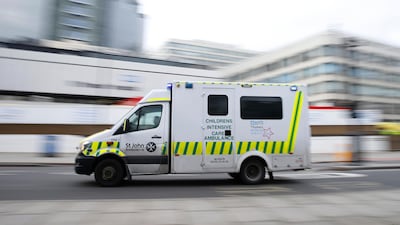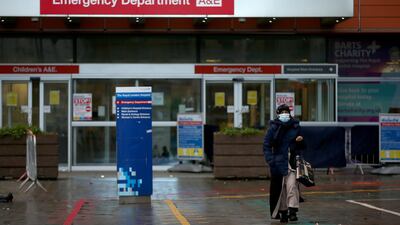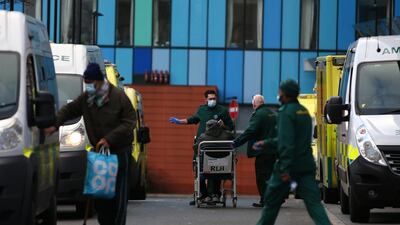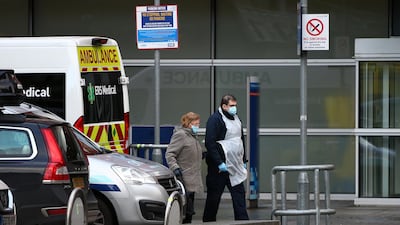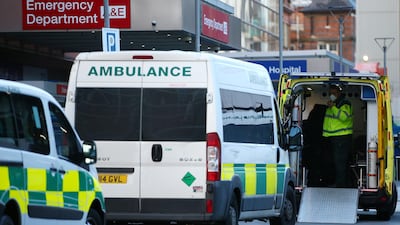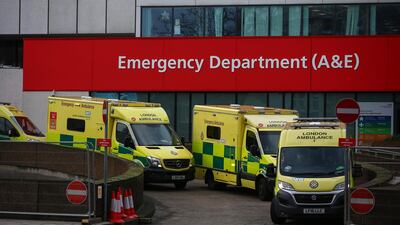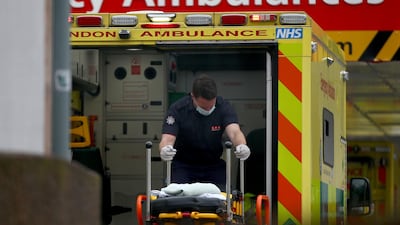A London hospital has warned it is running out of oxygen as scientists called for a third national lockdown to prevent a “catastrophe” in the months ahead.
Queen Elizabeth Hospital in south-east London is operating on an emergency footing after it declared a major incident and was forced to transfer patients elsewhere.
It is understood the volume of oxygen required for coronavirus patients on ventilation exceeded the capacity of what the hospital’s pipes could carry – mirroring a situation faced by other hospitals earlier in the pandemic.
Prof Andrew Haywood, from University College London, said the UK was entering a dangerous phase of the pandemic as the new strain of coronavirus fuels new infections.
"We're going to need decisive national action to prevent a catastrophe in January and February," he told BBC's Radio 4 Today programme.
“A 50 per cent increase in transmission means the previous levels of restrictions won’t work now.
"Tier 4 restrictions are likely to be necessary or even higher than that. We're moving to a near-lockdown," he said.
National Health Service chief executive Sir Simon Stevens said health workers were “back in the eye of the storm” as coronavirus cases hit a record high with months still to go until the end of winter.
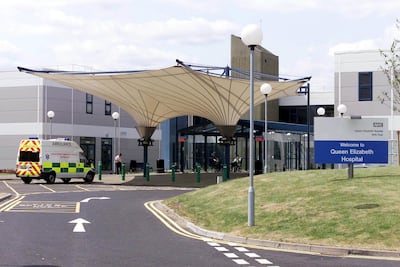
Another 41,385 cases were reported on Monday, although the tally was inflated due to catch-up reporting from health districts over Christmas.
The number of people being treated at hospitals in England is now higher than the peak in April.
London Ambulance Service also said it was taking 8,000 calls for help per day compared with 5,500 on a typical busy day.
In a message to medics, Mr Stevens said coronavirus had meant 2020 had probably been “the toughest year most of us can remember”.
"Many of us have lost family, friends, colleagues and – at a time of year when we would normally be celebrating – a lot of people are understandably feeling anxious, frustrated and tired," he said.
Mr Stevens went on to hail the vaccine as "the biggest chunk of hope for the year ahead".
But the government was warned vaccine delivery would need to be stepped up significantly to avoid a third wave of the virus.
The London School of Hygiene and Tropical Medicine projected that two million vaccine doses would need to arrive at inoculation centres each week.
About 200,000 people are being vaccinated each week in Britain. Scientists said this was not enough to prevent the soaring infection rate.
“The most stringent intervention scenario, with Tier 4 England-wide and schools closed during January and two million individuals vaccinated per week, is the only scenario we considered which reduces peak ICU burden below levels seen during the first wave,” the study said.
